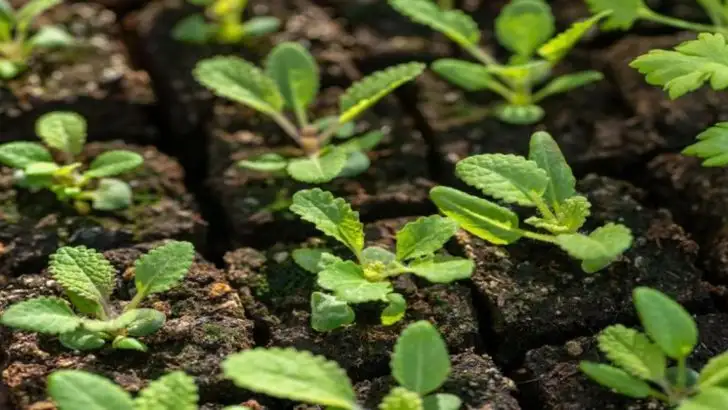Soil blocking is a simple and effective gardening technique that eliminates the need for plastic pots. It involves creating small blocks of soil to sow seeds, promoting healthier seedlings. This method has gained popularity for its efficiency and eco-friendly benefits.
One of the main advantages of soil blocking is healthier root development. It prevents plants from becoming root-bound, ensuring strong, well-developed roots. The blocks also retain moisture better, which supports the seedlings as they grow.
In this article, we’ll highlight 11 key benefits of soil blocking and share tips on how to get started. If you’re looking to grow stronger plants while minimizing plastic use, soil blocking could be the perfect solution for you.
Reduces Plastic Waste
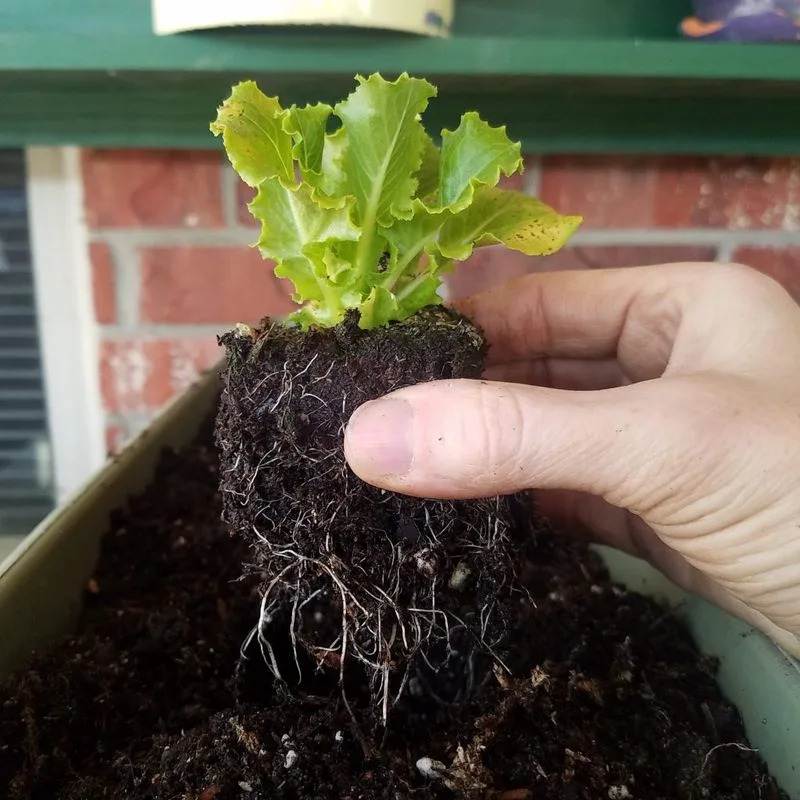
Ditching plastic pots can significantly minimize environmental impact. Soil blocking embraces sustainability by reducing plastic waste, offering an eco-friendly alternative. This method champions a zero-waste philosophy, aligning perfectly with green gardening practices. By eliminating the dependency on plastic, gardeners can contribute positively to the planet. The reduction in single-use plastics is not only beneficial for the environment but also simplifies gardening chores. Less clutter in the shed and fewer trips to the garden center for plastic supplies make for an easier gardening experience. Embracing soil blocks can thus be a rewarding step towards sustainability.
Enhances Root Health
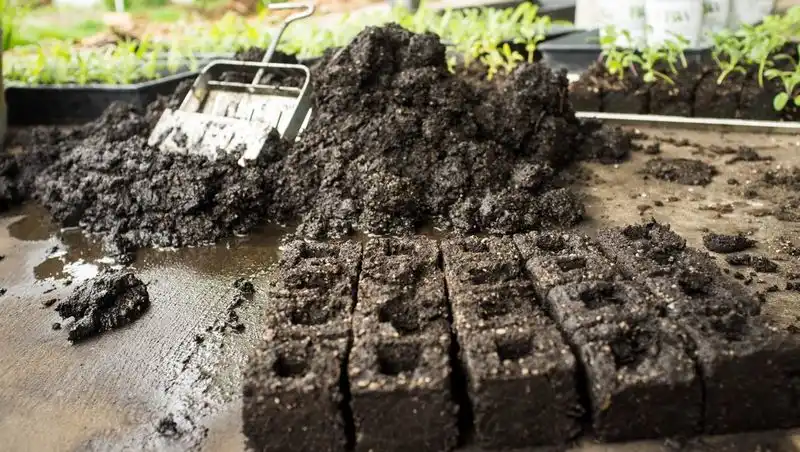
Roots thrive when they’re free to grow naturally. Soil blocks encourage roots to spread without the constraints of a pot, leading to healthier plants. This method promotes air pruning, which prevents root circling and stimulates robust root systems. With soil blocking, roots receive adequate air and nutrients, fostering resilience. Healthy roots are key to vigorous plant growth, as they improve nutrient uptake and enhance plant stability. By nurturing strong root systems from the start, plants can better withstand transplant shock and adapt more readily to new environments, ensuring a successful gardening journey.
Improves Water Retention
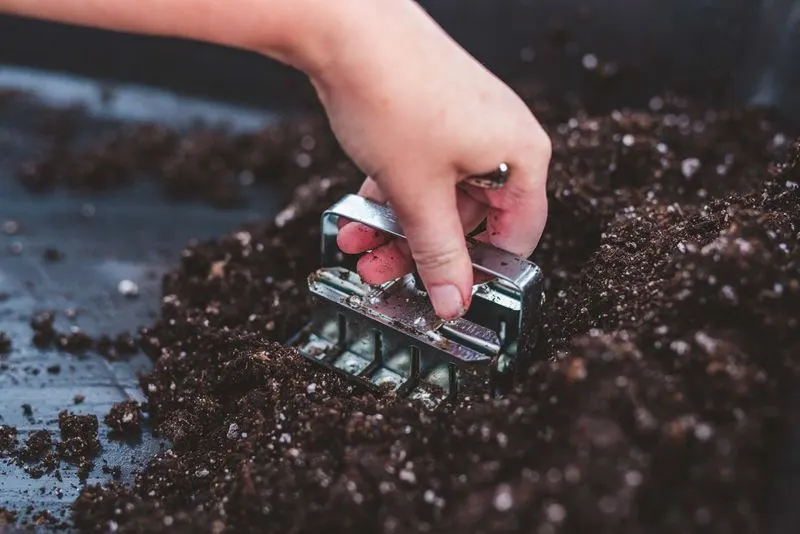
Soil blocks excel at maintaining optimal moisture levels. Their unique structure allows them to retain water efficiently, ensuring seedlings stay hydrated. This capability reduces the frequency of watering, conserving time and resources. Moisture is distributed evenly throughout the block, preventing drought stress and promoting consistent growth. Water retention in soil blocks also enhances nutrient availability, as nutrients dissolve in the retained water and become accessible to roots. By conserving water and reducing the need for constant monitoring, soil blocking offers a more balanced approach to plant care, ideal for busy gardeners.
Facilitates Easy Transplanting
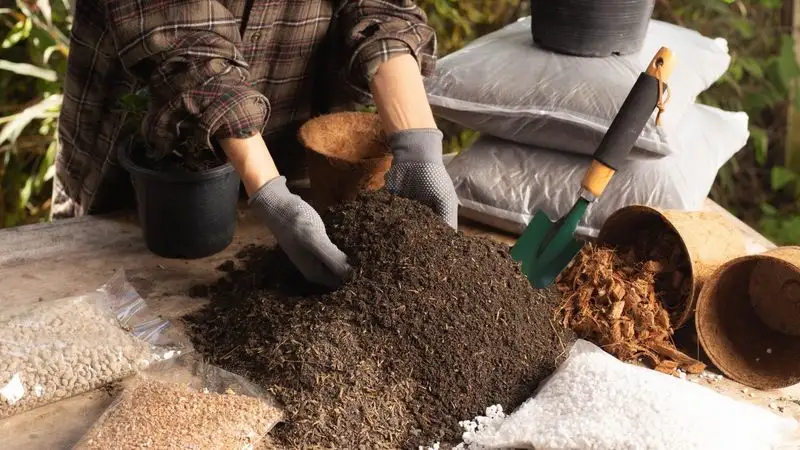
Transplanting can be a delicate task, yet soil blocks simplify the process. The ease of moving seedlings directly from block to soil minimizes root disturbance. This transition helps to prevent transplant shock, allowing young plants to establish quickly. The blocks can be handled with minimal disruption to the roots, making the entire process smoother. The ready-to-plant nature of soil blocks reduces time spent preparing seedlings for the garden. Gardeners find that young plants adapt more swiftly to their new homes, leading to better growth and productivity in the garden.
Saves Space
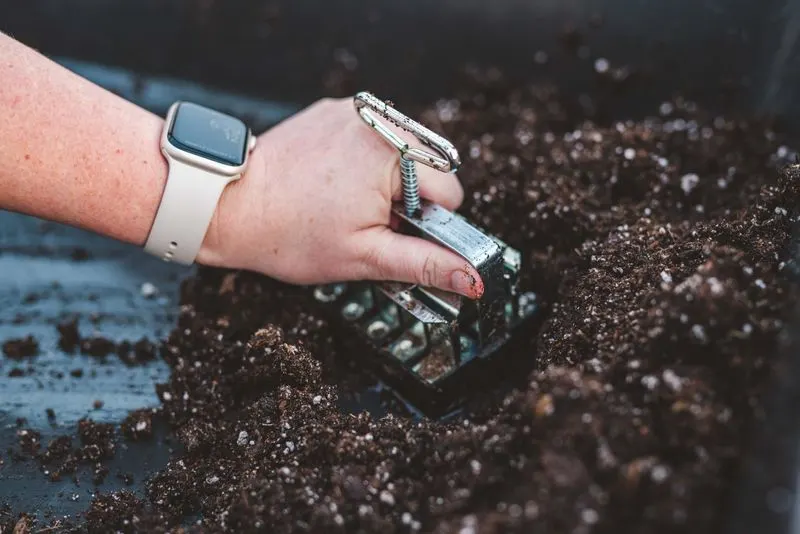
Space is often at a premium for gardeners, and soil blocking provides an efficient solution. Soil blocks are compact, allowing for dense planting in small areas. This saves valuable space in greenhouses and on windowsills, making it perfect for urban gardeners. Compact blocks mean more seedlings can be grown in less area, optimizing the available space for cultivation. This efficiency also extends to storage, as unused blocks can be neatly stacked. By maximizing the growing area, soil blocking accommodates a greater variety of plants, enabling a diverse and productive garden even in limited spaces.
Prevents Transplant Shock
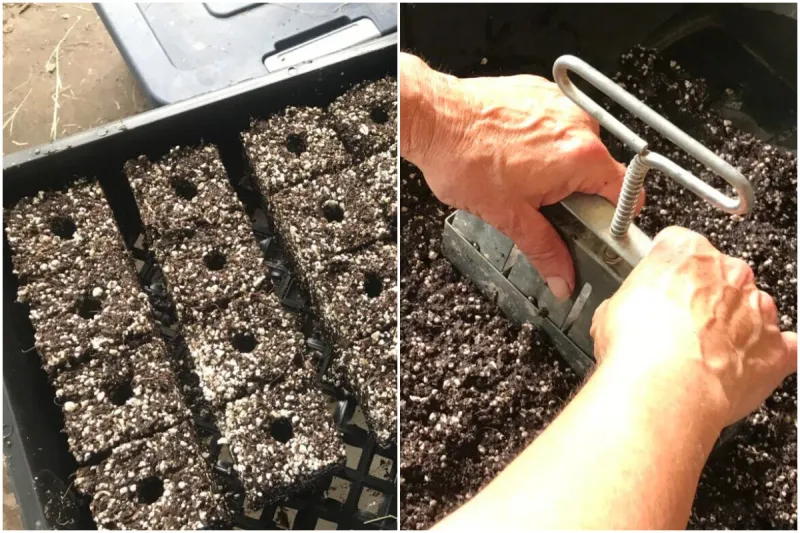
Transplant shock is a common hurdle, but soil blocking can mitigate its effects. By allowing roots to grow in a block of soil, seedlings experience less stress when transplanted. This method ensures that the root system remains intact, promoting quicker establishment in new soil. The continuity of soil around the roots reduces shock symptoms like wilting and stunted growth. Gardeners appreciate the smoother transition, as seedlings adjust more promptly to outdoor conditions. This advantage is particularly beneficial for sensitive plants, ensuring they thrive and produce robust yields, enhancing overall garden productivity.
Promotes Uniform Growth
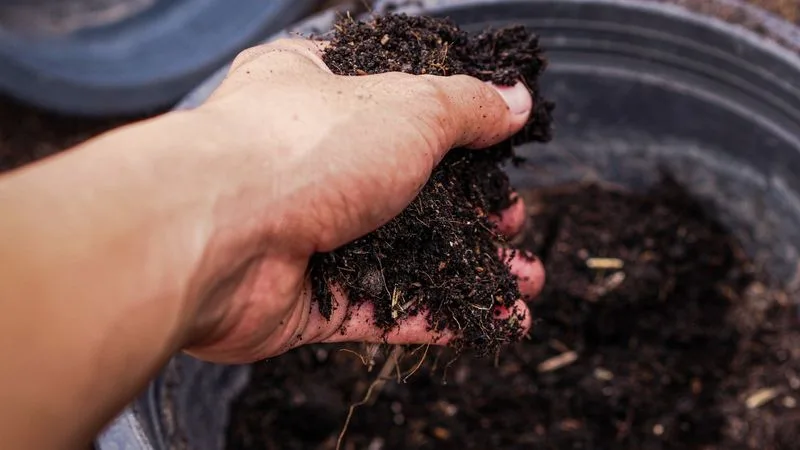
Uniformity in seedling growth is a sought-after trait for gardeners aiming for consistency. Soil blocking creates a uniform environment where each seedling has equal access to nutrients and water. This leads to synchronized growth, with seedlings reaching transplant size simultaneously. The regularity makes planning and planting more predictable and efficient. Each block supports optimal conditions, promoting steady development across all seedlings. Consistent growth translates to a more orderly and manageable garden. Gardeners find predictability in their planting schedules, leading to improved planning and easier management of garden tasks.
Reduces Root Circling
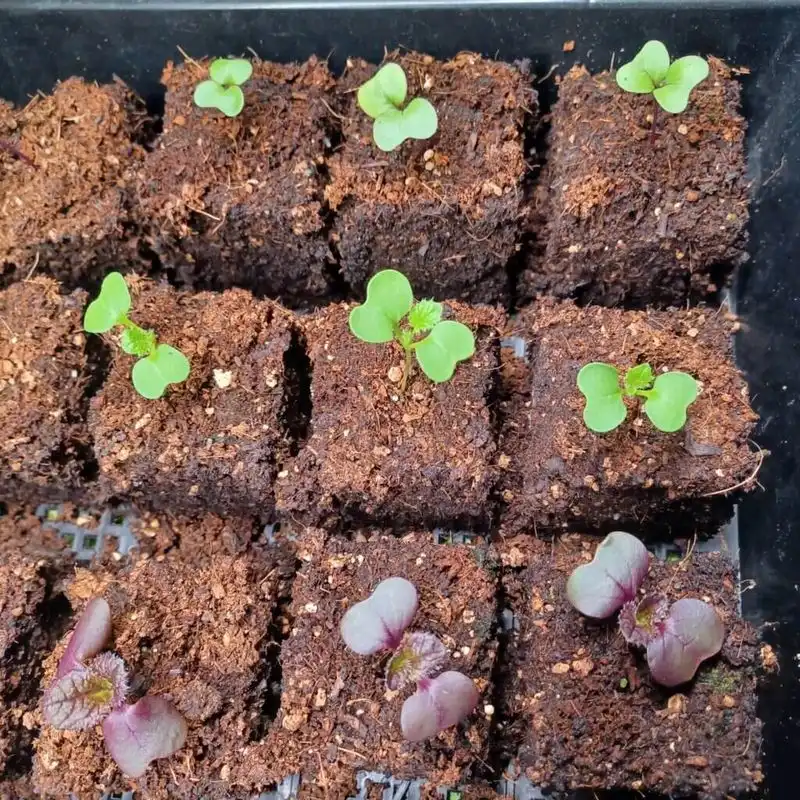
Root circling is a common issue in potted plants, but soil blocking offers a solution. The absence of a hard container edge prevents roots from growing in circles, which can strangle the plant. Instead, roots naturally extend outward in the soil block, leading to better nutrient intake and overall plant health. This natural root growth enhances the plant’s ability to anchor in the soil, increasing stability and resilience. Without the constraints of a pot, plants are free to develop robust root systems. This leads to healthier, more productive plants that can thrive in varied conditions.
Allows for Custom Soil Mixes
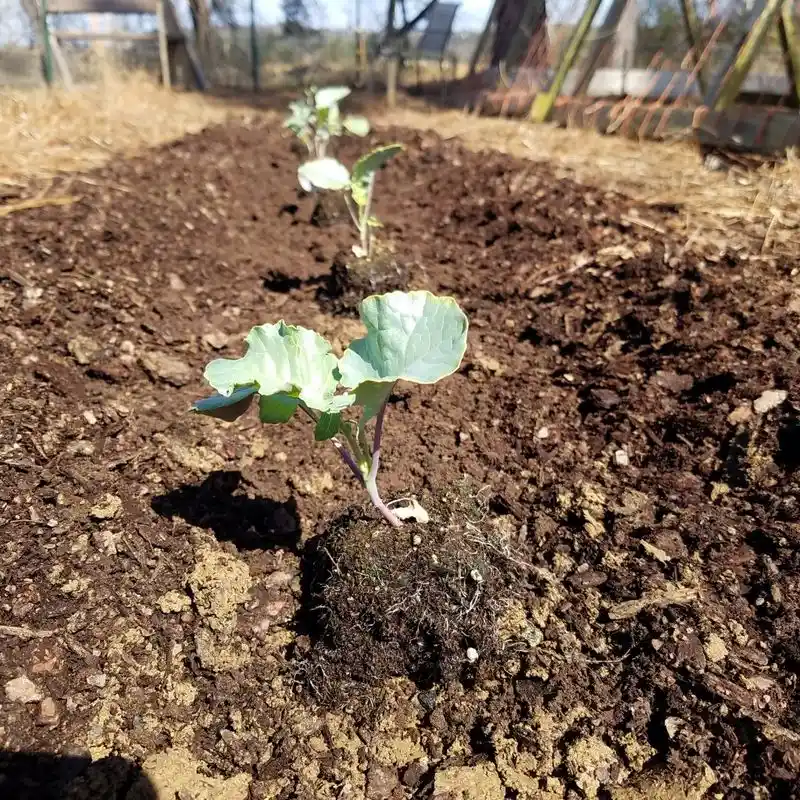
Customization is key in gardening, and soil blocking allows for tailored soil mixes. Gardeners can create blends that meet specific plant needs, adjusting nutrients and texture as required. This flexibility ensures that seedlings have the perfect start, catering to various plant preferences. Tailoring the soil mix can enhance seedling vigor and boost growth rates. By choosing components, gardeners can address soil deficiencies and optimize conditions for different plant types. Custom mixes can lead to healthier plants and higher success rates. The ability to personalize soil content is a valuable advantage for dedicated gardeners.
Cost-Effective
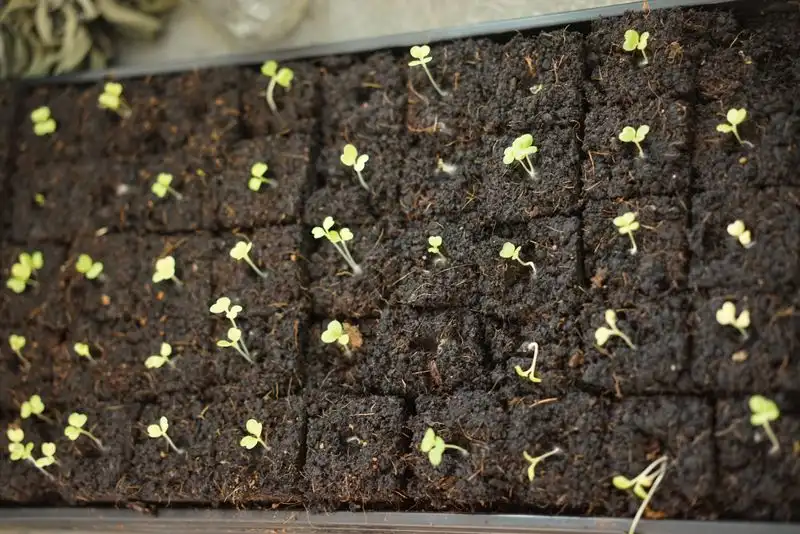
Budget-friendly gardening is achievable with soil blocking. The initial investment in a soil blocker can be offset by savings on pots and trays. Over time, this method proves cost-effective, with reusable tools reducing recurring expenses. Making your own soil blocks eliminates the need for purchasing countless containers, saving money and storage space. The long-term savings appeal to gardeners looking to cut costs without compromising on quality. By investing in a soil blocker, gardeners can enjoy sustainable savings while maintaining a flourishing garden. This economical approach supports both financial and environmental goals.
Encourages Seedling Resilience
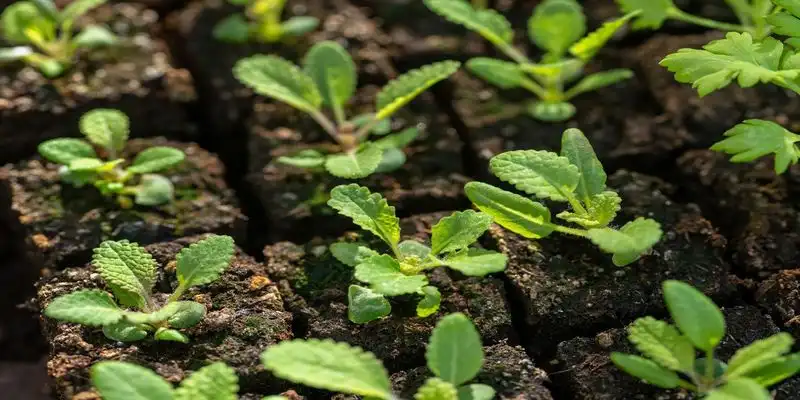
Resilient seedlings are the cornerstone of a successful garden. Soil blocking fosters this resilience by promoting strong root systems and reducing transplant shock. With a solid foundation, seedlings are better equipped to handle environmental stresses such as temperature fluctuations and pests. This robustness translates to higher survival rates and more productive plants. Gardeners notice improved vigor in seedlings started in soil blocks, as they acclimate more readily to garden conditions. The enhanced resilience not only benefits individual plants but also contributes to the overall health and productivity of the garden ecosystem.

